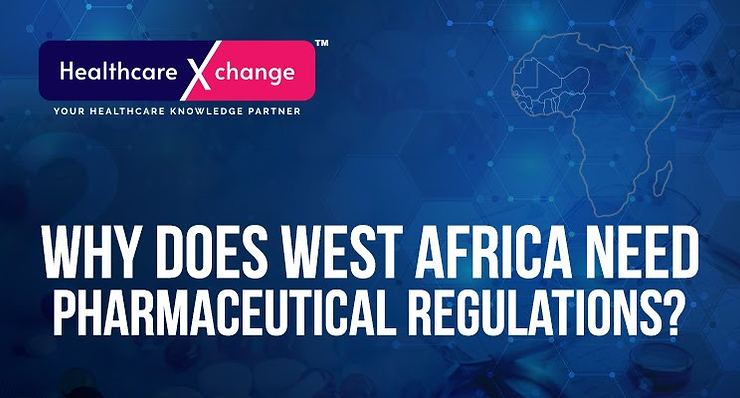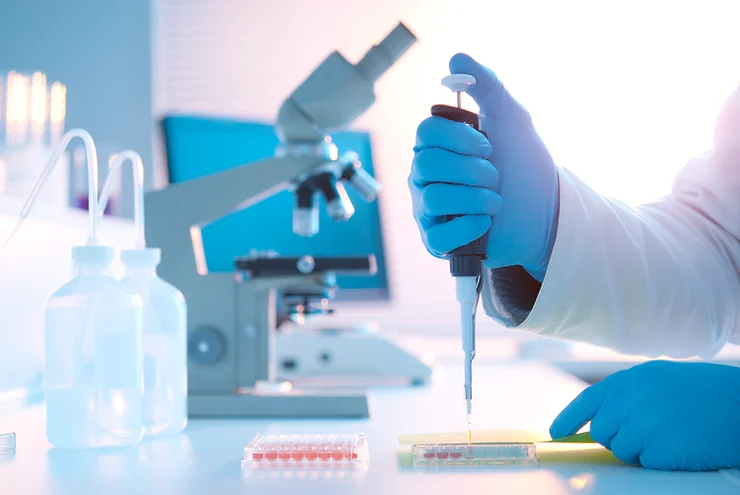
Why West Africa needs a Sound Regulatory Mechanism for the Pharmaceutical Industry?
- Healthcare and General Service
- October 15, 2024
Highlights
-
Fake and substandard medicines pose a significant problem in West African countries
-
Regional initiatives aim to prevent the entry of counterfeit drugs through authorized channels
-
Tracking technology can streamline pharmaceutical supply chains
A strong regulatory capability is a prerequisite for a well-functioning healthcare system. However, a World Health Organisation (WHO) report found that 70% of countries globally have weak regulatory frameworks. The situation is further exacerbated in African countries that grapple with a heavy burden of infectious diseases, climate change, geopolitical instability and inflation.
The status quo impacts several facets of healthcare services such as quality of medical equipment, training of workers, administration of healthcare facilities, deployment of resources and crucially the pharmaceutical industry’s operations.
The situation is exemplified by the treatment for a vector-borne disease such as malaria. Consider the fact that malaria caused 593,000 deaths across Africa in 2021. What’s equally alarming is that spurious and poor-quality medicines for malaria led to 267,000 fatalities, primarily in sub-Saharan Africa.
WHO recommended a shift to artemisinin-based combination therapies (ACT) after conventional remedies based on chloroquine and sulfadoxine-pyrimethamine lost efficacy amid a rise in deadlier strains of the disease. However, the change has resulted in surge with counterfeit ACT drugs flooding the global market. The widespread demand has fueled a parallel industry in West Africa with Guinea and Burkina Faso serving as transit hubs for the sale of fake medicines.
The state of affairs is not restricted to drugs for malaria. Substandard medication is an equally vexing issue for the authorities. A recent survey found that almost all of the paracetamol medication sold in Nigeria is underdosed, ranging from 185mg to 358mg, below WHO’s limit of 500mg. Senegal and Gambia reported contamination cases involving 58 cough syrup product batches between 2020 and 2023.
A 2023 United Nations Office on Drugs and Crime report found that unauthorised importers utilize extensive supply chains comprising of illicit laboratories, distribution centres and pharmacists along with government officials. The different entities serve to manufacture, store, circulate and sell the drugs.
African governments are implementing track-and-trace technologies to curb the entry of fake medicines within the official system. For instance, Nigeria has implemented forensic methods to combine unique identification tags with an authentication technique. Nigeria’s National Agency for Food and Drug Administration and Control has sought to embed a text messaging service to authenticate medicines with a code beneath a scratch panel on packages.
The situation’s severity forced 20 African countries to conduct a joint operation with INTERPOL and AFRIPOL. The action resulted in the confiscation of 12 million illegal health products and the arrest of seven pharmaceutical executives in Benin.
In February 2023, Nigeria and Cameroon agreed to collaborate to address the production and proliferation of fake medicines. However, effective coordination requires robust regulatory and enforcement systems for optimal results.
The 2020 Lomé Initiative, a notable regional effort to prevent the trafficking of counterfeit drugs on the continent, includes West African countries such as Ghana, Niger, Senegal, and Togo among the member states.




